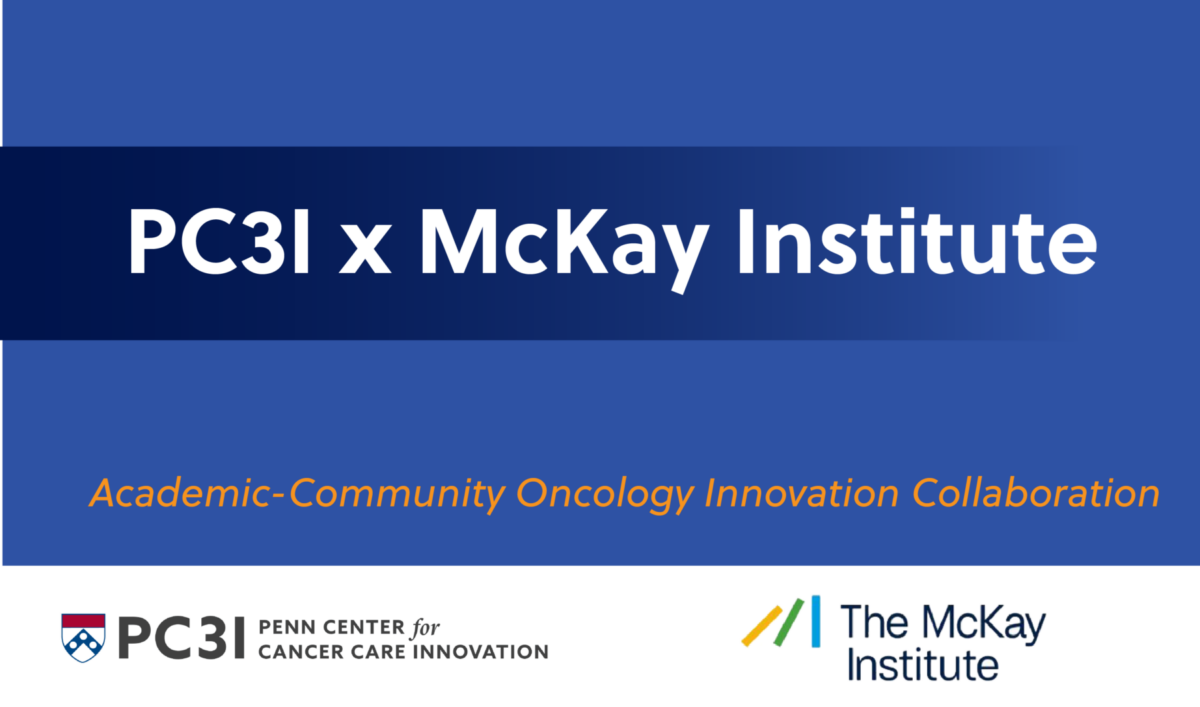PC3I News
Researchers at the Perelman School of Medicine at the University of Pennsylvania and the Children’s Hospital of Philadelphia (CHOP) found that behavioral economics strategies can help patients quit smoking after being diagnosed with cancer. The study showed that electronic “nudges” directed at clinicians significantly increased the likelihood of patients with cancer who smoke to receive treatment for tobacco use, thus improving health outcomes for these patients.
The study, “Cluster Randomized Pragmatic Clinical Trial Testing Behavioral Economic Implementation Strategies to Improve Tobacco Treatment for Patients With Cancer Who Smoke,” was published in the Journal of Clinical Oncology as part of the Penn Implementation Science Center in Cancer Control (ISC3), which is co-led by PC3I Director Justin Bekelman. Further information on the implications of these findings can be found in a press release by Penn Medicine.
Related News
PC3I News
Cancer Service Line & PC3I Select 2024 Innovation Accelerator Project
04.22.2024
The Cancer Service Line (CSL) and the Penn Center for Cancer Care Innovation (PC3I) have announced the selection of the 2024 Penn Cancer Innovation Accelerator project. The chosen project, submitted by Katie Boyk, BS, MHA, will identify solutions to improve cancer care scheduling workflows for patients, clinicians, and staff.
PC3I News
PC3I and Tennessee Oncology’s McKay Institute for Oncology Transformation Unveil New Collaborative Relationship
02.06.2024
PC3I and Tennessee Oncology’s McKay Institute for Oncology Transformation announce an academic-community oncology innovation partnership to improve cancer care delivery.
PC3I News
PC3I Leadership Presents at 2023 AORTIC International Conference on Cancer in Africa
12.05.2023
PC3I Associate Director Surbhi Grover and Deputy Director Katharine Rendle presented research at the 14th AORTIC International Conference on Cancer in Africa, which took place in Dakar, Senegal.


